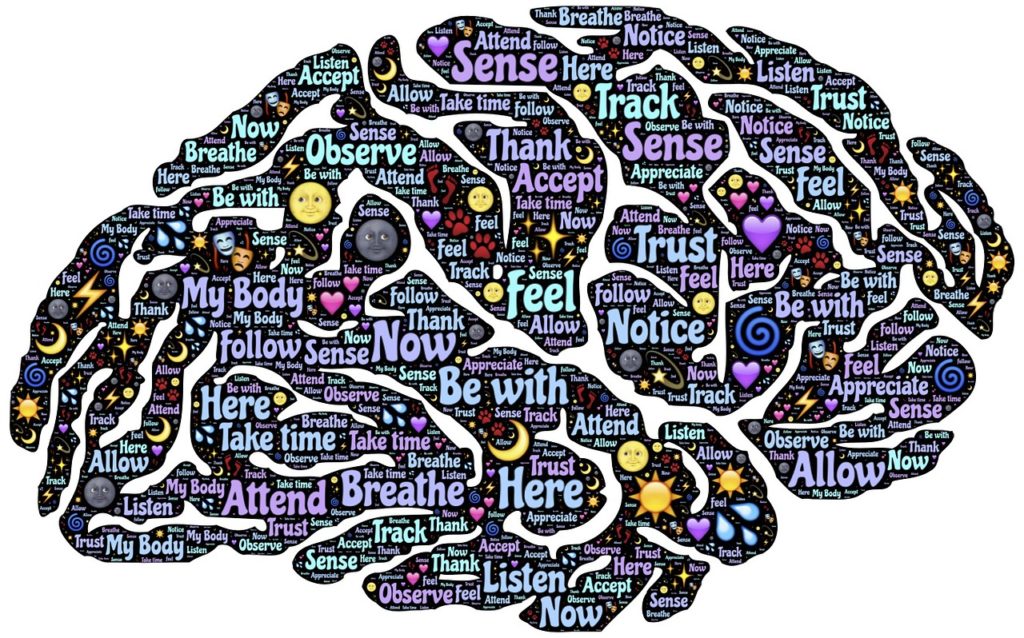A Cautionary Tale…
“Be careful what you wish for…” is something you may have heard or been told, the implied or stated finish being “…you just might get it.” The intended message is to carefully consider – or maybe reconsider – what the real costs and/or consequences might actually be in getting or achieving “what is wished for.” Now, while this could be a “cautionary tale” in itself, it is here presented as corollary to yet another reality…one that we human beings are generally oblivious to…which is:
“Be careful what you think is true…because you might just start believing it.”
Before going cynical, pause and consider what most people, most of the time, use their rationality for; which is to self-justify what they feel or want to believe…about themselves, their behaviors, and their world (which includes of course the people in it). This, as opposed to what we’re told and conditioned to believe: that we humans are “the superior species” who use rationality to “somehow objectively” (as in “unemotionally”) seek truth and understanding.
What most of us human beings “are oblivious to” is that our thinking is biased and often distorted by emotion (i.e., our feelings). And this has a powerful influence in and on our rationality (i.e., our ability to reason, comprehend, and understand). Yet it is one so subtle that it’s mostly hidden from our conscious awareness of it; and we don’t see, or even want to see, what and how that emotional influence affects our thinking. And while we learn and come to believe we are rational beings – i.e., that we are the species that is “intelligent,” that can think objectively, be logical, reason, analyze, understand, and make sense – it doesn’t mean such rational capability is infallibly realized or even the “normal” presentation of our thinking. Put simply, feelings get in the way of being rational – of seeing the world “as it really is.”
But then, everyone is subject to this unconscious tendency of “biased and often distorted thinking” – our respective, “personalized” conditioning has us “naturally” see the world as we want to see it. And of course problems arise when what I want and what you want are not necessarily the same. (“No shit, Sherlock.”)
So, while you may want to believe you’re using your rational capability to know and understand (as in clearly, accurately, truthfully), you are more likely using it to vindicate (as in find “reasons,” excuses, arguments, or evidence) that what you feel (as in “think you believe”) is true, appropriate, justified.
The cautionary tale here is to understand that a normal, even predominant presentation of your rational self (i.e., what you think or “need” to believe) is to self-justify. And yet, though its natural and at times inevitable, self-justification too easily and too often relies on – and results in – self-deception, delusion, and a kind of conditioned ignorance…all of which can manifest of course as lies or distortions that, well, you come to believe.
To put in other words, the cautionary tale posed here is to be aware of that gift of rationality for what it can do – and more often ought to do – which is to understand the world, your world, and even their world for what it is – as opposed to letting that instinctual “need to self-justify” sabotage such capacity. So, again:
“Be careful what you think is true…”
_____
Now, one might naturally ask, “Okay, then, how can I be that ‘more careful’?”… to which some answers might be:



